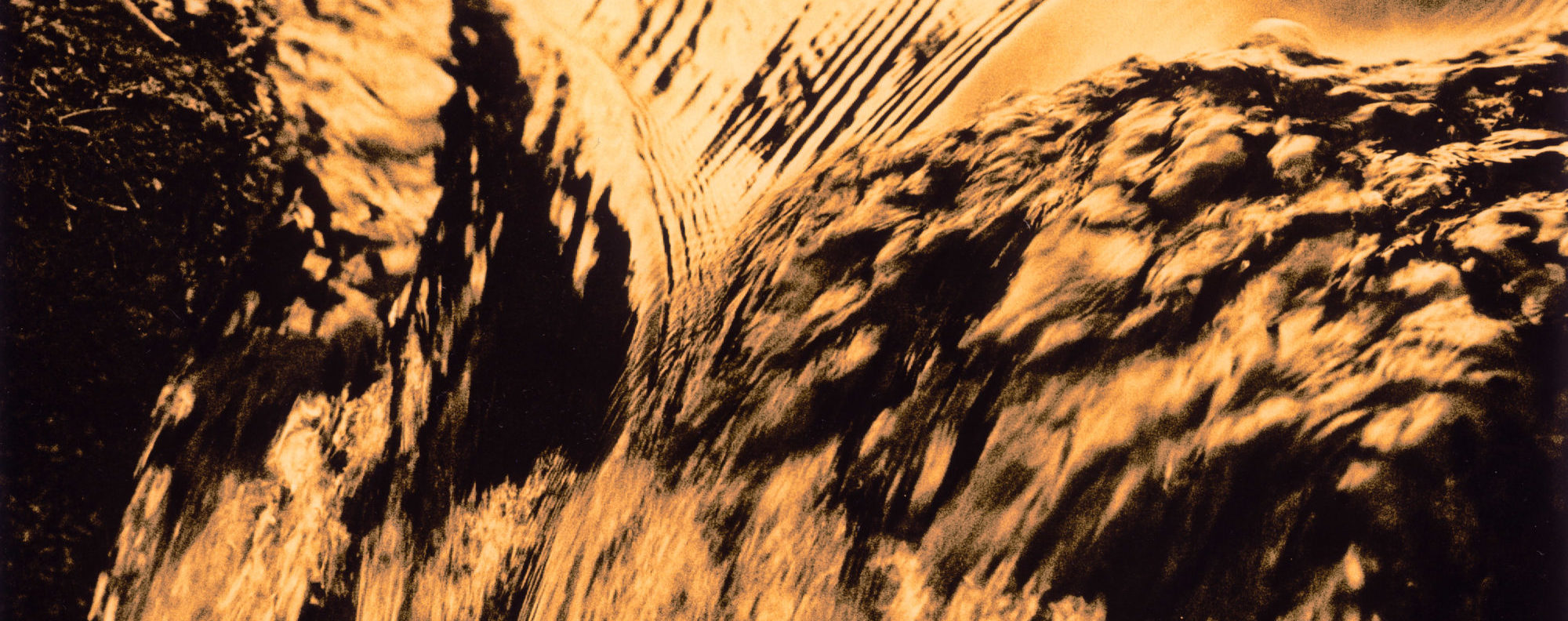Conclusion
After this list of horrors you may be wondering why I choose to live in America! I would reiterate my opening remarks. Photography in America is wide open in its possibilities, free in its potentials, heroic in its achievements and generous in its recognition and rewards to photographers. My aim, if you remember, was to suggest that: a these achievements have been won at a high cost, and b these achievements can be obtained in Britain by learning from the American experience and at least making the attempt to avoid the more destructive problems along the way. So now I will get very specific.
If I was the absolute dictator (hopefully, a benevolent one) of British photography I would issue the following edicts:
- The declaration ‘I am an Artist’ will be barred from photography. The penalty for use will be scorn and derision by the offender’s peers.
- No photographic group will be allowed to form under any stylistic, sexual, religious, political, artistic, or professional manifesto without at least 50% of the membership comprising a mixture of all other persuasions, and at least 50% of those representing the antithetical points of view.
- It would be asserted that standards of quality do exist in photography. These would not be defined, but it would be understood that they are so high that no photographer can reach them without at least 10 years of committed hard work.
- In pursuit of (3) no young photographer will be given a grant, fellowship, or exhibition unless he/she has demonstrated such commitment to the satisfaction of the older generation of photographers for the same amount of time.
- No photographic journal will be allowed to publish any critical essay which panders to the current fad of unintelligible psycho-babble and which masquerades in the guise of intellectual criticism. No idea will be expressed which is not communicable to the average photographer. The criticism must be constructive and
- Photographic artists will not be allowed to justify mediocre work by after-the-fact clichés. Quotations by photographers who talk about ‘redefining space’ and similar nonsense will be publicly posted for the amusement of the photographic fraternity.
- There will be no professional curators or museum directors. Each year the selection of major exhibitions and the purchase of prints for a permanent collection will be made by a photographer who has achieved special status, in any area, among his peers. For this year of service to the medium he will be more than amply compensated.
- The directors of galleries where prints are sold will have the same status as a tradesman in any other field, e.g. a bookseller as compared to an author. A commercial gallery director will not be an arbiter of quality and will not therefore sit on grants committees, advise curators or write and teach about the medium. The distinction between money and art will be made clear.
- The role of the educator will be to expand the potentials of the student, not limit them by a preconceived dogma. The student will be encouraged to become actually what he is This will demand that the teacher is prepared to leave personal prejudices at home and see his purpose as offering the widest possible range of alternatives. The maximum time a person can be a full-time teacher is four years; otherwise he or she must be a continuously practising photographer while teaching.
- The final commandment is the most important. Photography is a means to an end; it is not the end in itself. Photographers will be inculcated with a value system that recognises personal ideals and which asserts that the true nature of ail human activity is the aspiration and striving towards Beauty, Goodness and Truth.
It might seem that I am ending on a facetious note. Therefore I will address my closing remarks to the younger photographers in the audience – in all seriousness.
The future of photography, and British photography in particular, belongs to you. In an age of passivity, banality, a sense of hopelessness and nihilism and a demand for instant gratification, only your personal integrity can make a difference. This will require great moral courage, a true heroic attitude. It will not be easy. The ‘habit of inferiority’ permeates the whole of western culture, including photography. Fight this system and you will be misunderstood and often rejected. But the hero is not interested in systems but only in the striving towards his own completeness as a human being. Above all, the hero’s single- minded objective is the desire to live more intensely. The overflow of this intensity will be shared with others in the form of photographs, but the hero is not concerned with the ideas of ‘good’ or ‘bad’ as applied by others, only in the act of struggle towards a higher level of existence. The hero’s conviction of self-worth and his passion for ideals fuse in a life-attitude that is positive, free, noble and spiritually enhancing. There are no short cuts. This is a lifetime struggle.
But it will make the difference in photography. You are the difference.
